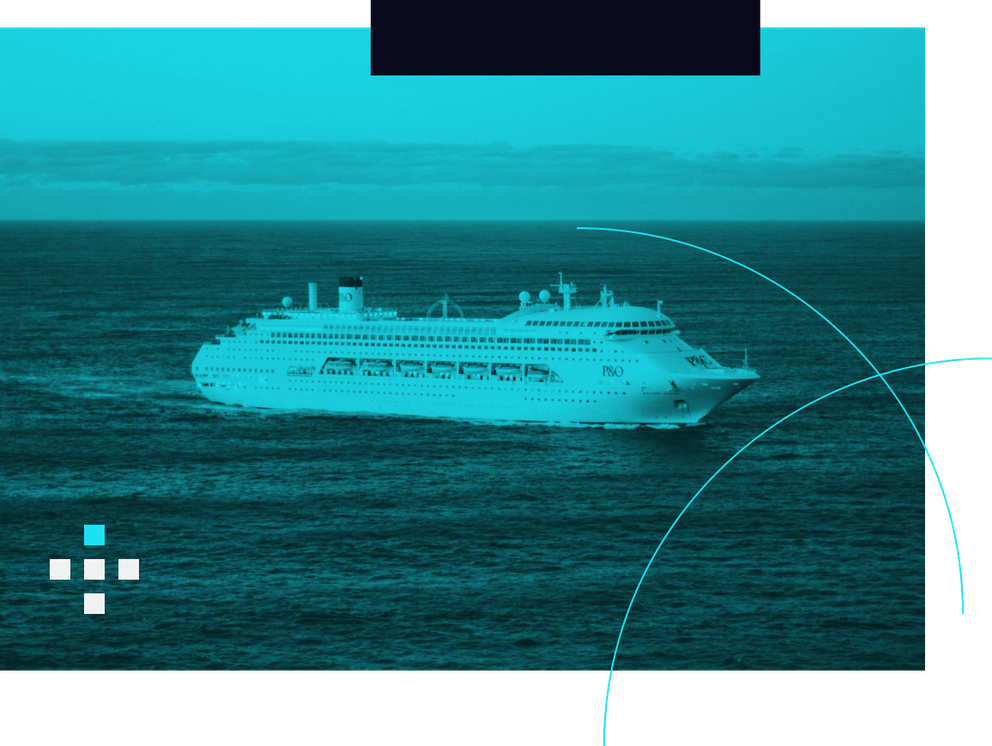
TRAVEL AND HOSPITALITY
Effortless journeys: How integrated ecosystems are shaping the future of travel
The travel industry is making a compelling shift toward integrated travel experiences, driven by the modern traveler’s craving for convenience and personalization, along with the blending of business with leisure trips. Seamless interactions are no longer just preferred but expected.
Innovators in the travel and hospitality sector are crafting journeys that cater to these desires, ensuring that every trip is as smooth and enjoyable as possible. One prominent example is the Seamless Traveller Journey Programme (STJ), which aims to “identify models which are globally interoperable, technology agnostic and cover the end-to-end journey.” Analysis estimates the Gross Present Value benefits of the STJ at $459 billion across all sectors over a 30-year period.
The rise of integrated travel experiences
Airlines often serve as the first touchpoint in the traveler’s journey, setting the tone for the entire experience. Air carriers are now gateways to comprehensive travel solutions, offering everything from personalized flight options to integrated hotel and car rental bookings. By leveraging technology and partnerships, airlines are making it easier for travelers to plan their trips in a cohesive and user-friendly way.

Hotels and resorts, on the other hand, stand as the central hubs of the travel experience. Beyond simply a place to rest one’s head, they’re becoming immersive destinations offering a taste of local culture, cuisine, and entertainment. With the help of digital tools, hotels are personalizing guest experiences, from room settings to activities, ensuring every stay is unique and memorable.


Car rental companies are evolving into vital connectors within the travel ecosystem, embracing the concept of Mobility as a Service (MaaS). This shift sees them integrating more deeply with airlines, hotels, and digital platforms to offer travelers flexible, convenient, and personalized transportation options, bridging the gap between different travel segments.
Cruise lines are redefining what “all-inclusive” means, expanding beyond the traditional model to incorporate pre- and post-journey services, including flights, onshore accommodations, and excursions. This holistic approach caters to the traveler’s desire for a hassle-free experience where every aspect of their journey is thoughtfully curated and connected.

Technology as the great enabler
Modern technology is the linchpin in facilitating the integration of services across the travel industry, enabling unimagined levels of connectivity. Almost one-quarter of hoteliers say their top goal for technology is to improve the guest experience. Cloud computing provides the infrastructure for vast data storage and sharing across platforms, while data analytics offer deep insights into traveler preferences, optimizing personalization.
Digital platforms and apps ensure that services are accessible anywhere, anytime. Chatbots can resolve 80% of customer problems in the first interaction. Meanwhile, IoT and wearables enhance the traveler’s experience with real-time updates, personalized interactions, and seamless service integration, making every journey more intuitive and enjoyable. By 2024, 82% of airlines worldwide expect to trial AI technology.
There and back: the trip of the future
Imagine your customer is embarking on a journey where each step, from planning to return, is seamlessly integrated, personalized, and hassle-free, thanks to the innovative use of technology in the travel ecosystem.
The customer’s adventure begins with a simple idea to explore new horizons, and an intelligent booking platform becomes their guide. Here, AI-driven algorithms analyze the customer’s preferences and past travel patterns to recommend the perfect airline, connecting flights, and timings, all while ensuring they get the best deals. The platform, accessible via a user-friendly app, allows travelers to tailor their itineraries, adding hotels and car rentals without navigating away from the page. The moment they book a flight, their hotel and rental car are also confirmed, each tailored to their preferences, shared seamlessly across platforms via cloud technology.
Upon landing, the customer’s rental car, equipped with GPS and IoT connectivity, sends them a notification on their wearable device, guiding them to its location and unlocking itself as they approach.
When the customer arrives at the hotel, a digital hotel key is sent to their smartphone, allowing them to bypass the check-in desk and head straight to their room. The door opens to a comfortable space prepared just the way they like it, thanks to data analytics that discovered their preference for a quiet room with a view. (For a real-world example of this integrated experience, read up on the World of Hyatt app developed with Slalom Build.)
Mid-trip, the customer decides on a whim to take a cruise. With a few taps on their app, a cruise line offers them a last-minute deal, integrating seamlessly into their existing itinerary. Onboard, they enjoy a personalized experience, with activities and dining options suggested based on their interests, all accessible through the app.
Together, these sectors are weaving a tapestry of interconnected services that promise a seamlessly orchestrated travel experience. By focusing on integration and customer-centric innovation, the travel and hospitality industry is setting a new standard for what it means to explore the world.

Moving toward a connected travel ecosystem
Leaders agree that the future of travel lies in the ability to offer integrated, seamless experiences. “The automobile industry has been doing the same thing for more than 100 years: building cars, then selling them to dealerships,” says Alain Visser, CEO of Lynk & Co. “Why can’t mobility be more of an experience, rather than a single product?”
Furthermore, technology plays a critical role in creating this future. The World Travel and Tourism Council asserts that “Businesses that successfully marry digitization with the industry’s long-standing reputation for customer service and connection will achieve lasting customer loyalty across generations and segments.”
For customers, seamless travel experiences mean unparalleled convenience and customization, leading to increased satisfaction. For providers, integrating services across different segments enables operational efficiencies through shared data and streamlined processes. This not only reduces costs but also opens up new revenue streams by offering bundled services and enhanced offerings. The collaboration between sectors, facilitated by technology, fosters a symbiotic relationship where both parties benefit from the enriched travel ecosystem.
Ready to elevate your travel offerings and create unforgettable journeys for your guests? Book a call with one of our travel industry experts and discover how you can harness innovative technologies to deliver end-to-end personalized experiences that create real value for your business.